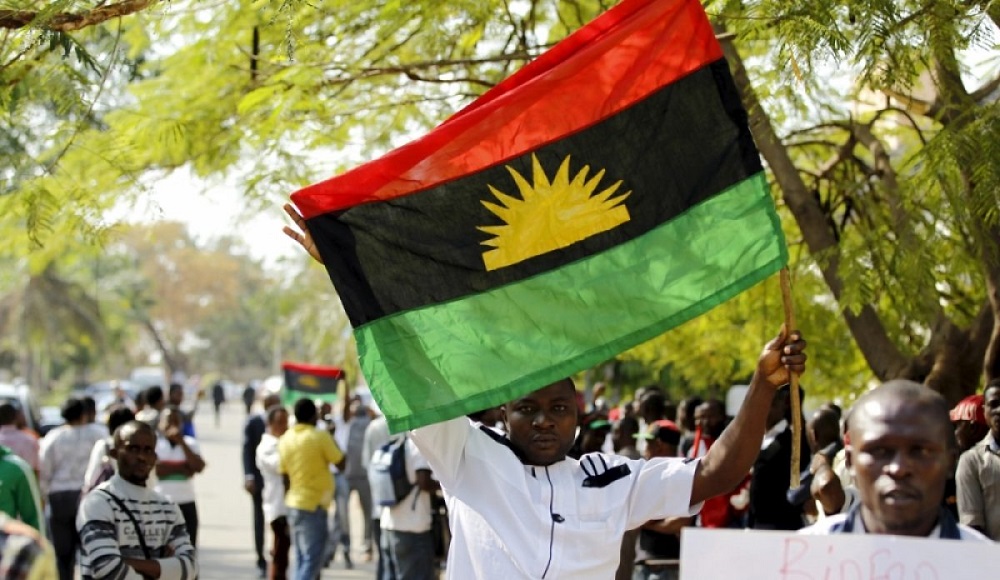The failure of Nigeria to learn from the ingenuities of the Igbo during the Biafran War is a pointer that nothing positive was learnt.
This is the view of some analysts who reviewed in retrospect 54 years after the Biafran War, which ended on January 15, 1970.
Advertisement
Mr Charles Okwesili, public affairs analyst and former Director of News, Enugu State Broadcasting Service, said, “Before the war, the Igbo race was in charge of Nigeria’s economy, the military, and the civil service. We had to start afresh after the war. We lost the bragging right in the nation’s polity till date. This is worsened by Igbo leaders who are individualistic.
“But the greatest loss is Nigeria’s failure to build on the Igbo technologies displayed during the war. Biafrans refined petroleum products. They manufactured their own arms. They had mobile radio stations. They converted regular vehicles to armoured vehicles. Today, these ingenuities are gone. We need to dialogue and find out the positives of the war for national development. Rwanda has recovered after their genocide, but Nigeria couldn’t overcome hers.”
Also speaking, Barrister Amos Ogbonna, Executive Director, Centre for Non-Violence and Social Justice, said the continued agitation for the Sovereign State of Biafra after the end of the civil war is because of politics of exclusion meted to the Igbo.
He said the concept of Rehabilitation, Reconstruction and Reconciliation, which the federal government launched shortly after the war, was never implemented.
Advertisement
In his view, “The federal government didn’t reconstruct Eastern Nigeria after the war. It rather concentrated in Lagos. The reconstruction was done by individuals. There was no reconciliation as well, and that is why the cause of the war was not addressed.
“Rather than rehabilitation, the FG launched the 20 pounds policy for whatever savings the Igbo had. To worsen it, the same FG launched the indigenization policy of foreign companies when the Igbo had nothing to participate in purchasing the shares.”
He however made case for the Igbo natives to invest in their regions “to create wealth, generate jobs and reduce youth restiveness caused by joblessness.”



